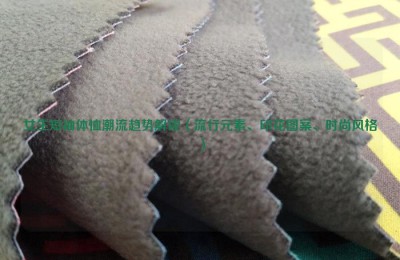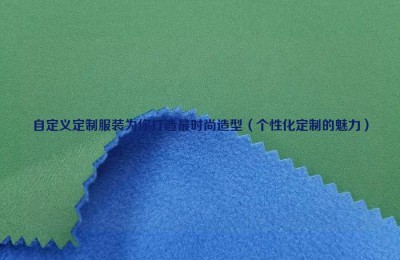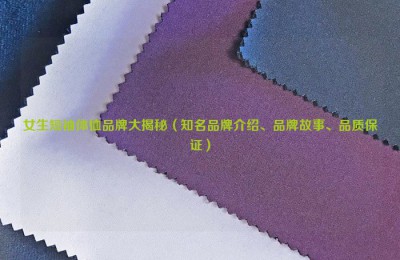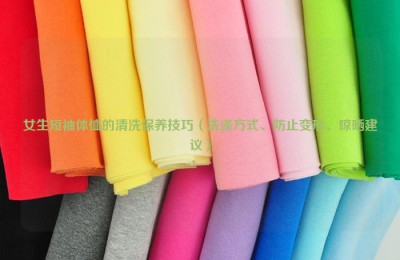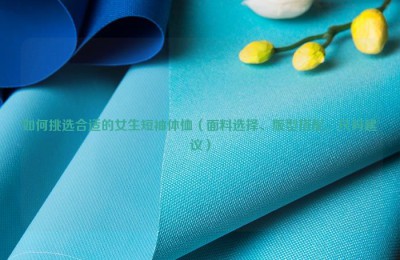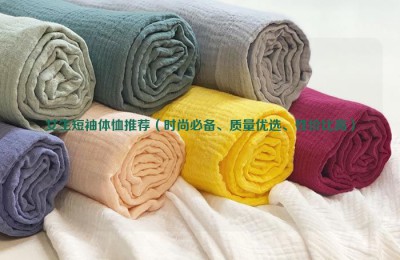China is the world’s largest textile producer and exporter. The sustained and steady growth of textile and apparel exports is important for ensuring China’s foreign exchange reserves, international balance of payments, and RMB Exchange rate stability and sustainable development of the textile industry are crucial. In recent years, due to the rise in international raw materials, the impact of the rapid rise of Southeast Asia’s textile industry, and the uncertainties of Sino-US trade frictions, the textile industry has faced severe challenges due to the dual pressures of low profitability and difficulty in recruiting workers. Domestic textile companies have begun to re-Shuffle, many provinces have introduced automation transformation support policies to deal with the difficulty in recruiting workers.
Wei Beibei, deputy to the People’s Congress of Hebei Province and deputy general manager of Shijiazhuang Changshan Hengxin Textile Co., Ltd., believes that if Hebei Province does not take action as soon as possible, textile companies in the province will lose at the starting line in the new round of reshuffle. It will inevitably affect the stability of the employment situation, affect the family income of textile employees, and affect the construction of a harmonious Hebei.
At present, the younger generation of employees such as those born in the 90s and 2000s do not like to work on the production line, causing textile enterprises to have outstanding problems such as difficulty in recruiting and retaining workers. There is an urgent need to use automation transformation to achievemachine replacement Man‘s purpose. Some domestic provinces have successively introduced relevant policies to support technological transformation, and have achieved good results. For example, the 30,000-spindle full-processintelligentization project of Changji Yida Textile Co., Ltd. reduced the productivity of the production workshop by 2/3, and the production efficiency was also increased by three times. The intelligent host equipment, intelligent workshop environment monitoring system, intelligent logistics system, etc. of Jiangsu Dasheng’s “Cotton Spinning Digital Workshop” have also received great attention from peers in the industry. Although some companies have not replaced or installed new complete sets of equipment with a high degree of automation on a large scale, However, through equipment upgrades in key technical links, product quality and production efficiency have also been significantly improved.
At present, Hebei Province and local governments have also introduced relevant policies. For example: the Shijiazhuang Municipal People’s Government Office has issued “Several Measures to Encourage Technical Transformation of Industrial Enterprises (Trial)”, but due to the high threshold (renovation projects of more than 5 million yuan) ), it cannot stimulate technological transformation for textile enterprises. Currently, Hebei textile enterprises have no obvious competitive advantages in terms of scale, degree of automation, productquality, and labor force.
In this regard, Wei Beibei stated in the proposal that it is recommended to refer to the practice of Jiangsu Province. The provincial finance department will allocate 1.2 billion yuan of special funds every year to support industrial enterprises in “intelligent transformation to digital transformation” through loan discounts, effective investment subsidies, etc. . Encourage qualified localities to provide a certain proportion of supporting subsidies on the basis of provincial financial subsidies to form a policy overlay effect. Study and formulate guidelines for including “intelligent to digital transformation” expenses into the scope of R&D expenses to guide enterprises to enjoy more preferential tax policies.
The purchase costs of production, testing, R&D equipment and supporting software and hardware systems and the purchase costs of intellectual property and scientific and technological achievements during the project construction and transformation process (including corresponding equipment , the single purchase cost of supporting software and hardware systems should be more than 100,000 yuan, and the total amount should not be less than 1 million yuan), and support will be provided at a rate of no more than 10%.
AAA functional fabric network FGBHGYUTKU

